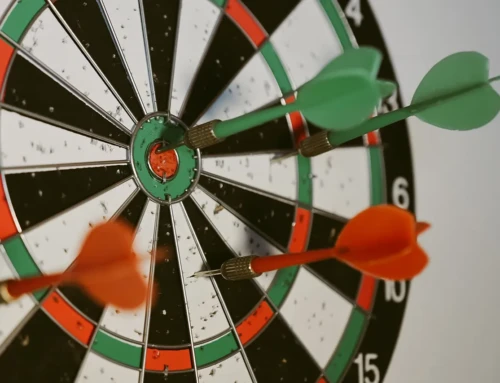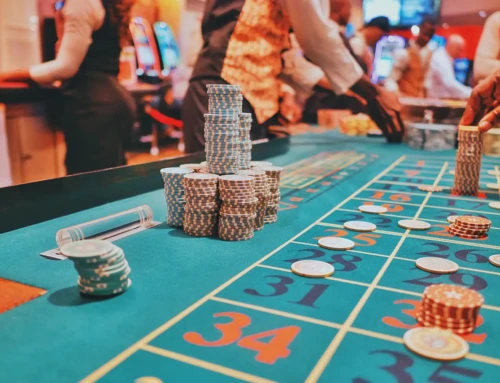There Is a Season

Summers here in Vermont are about as good as it gets. After a particularly long and snowy winter, we bask in the glow of glorious sunsets, warm but not (usually) boiling temperatures, and creamees. (That’s a term I associated with a particularly gross high school hazing activity when I first heard it after moving here twenty-seven years ago and was relieved to find it’s what Vermonters call soft serve ice cream cones.) Summer in Vermont is very precious to us, in no small part because the winters are so long and cold. Sometimes it seems like the seasons take a lot longer to change than we think they should, but they always do.
That brings me to cycles. We can’t control cycles in nature, but it’s in our nature to manifest patterns in the natural cycles we do have influence over. The business and economic cycles are about as good of examples of these as you’ll get, and as this is a personal finance blog, these are the ones we’re bridging here.
Is “summer” over?
For many of us, the last ten years of expansion have been one of the longest and sweetest “summers” ever. I’m not even going to say what’s coming around the corner because you all know without me doing so.
Like the ant to the grasshopper, Vermonters will tell you the best time to buy your snowblower is in May or June when the leftover stock goes on sale. Store your seeds and build your reserves now to ensure you have what you need to get through what comes next.
In nature, we see red leaves that give us hints of fall, and the green shoots of spring that announce the coming warm weather. These natural signs are the last call to wrap up preparations for the next cycle.
In the business cycle, we do get hints, but they’re very easy for us to explain away and rationalize procrastination. I could go on for hours about the red leaves I’m seeing in the business world. From central bank policy weirdness to mom and pop storefront mania, the signs are all there.
Winter is coming. There, I said it.
Now, you might argue that we see the signs we look for. And I acknowledge this. But keep in mind that I love summer, too. And while part of me wishes it could go on forever, deep down I understand that I wouldn’t appreciate it the way I do if it did.
The time to prepare for the turn is before the turn.
One of my college roommates used to repeat the old joke, “Want a hot tip? Buy low, sell high!” Note that the joke doesn’t go “buy at the lowest and sell at the highest.” Not only would it be a bore of a joke, but no one can predict the lowest and highest points.
Now from metaphor to reality: all this is to say, it’s probably a good time to sell some of your risk assets and increase your cash position. You don’t have to do it all at once, and truth is, you shouldn’t. Ideally, you’ll develop a plan to sell incrementally, in like amounts, at set intervals, when markets are advancing, and sell incrementally, in like amounts, at set intervals, when markets are retreating. It is getting late in the game, however.
What’s your gut saying?
As financial planners, we’ve been preaching caution in the investment and financial advice we give our clients for long enough now that we sound like the kooky old ant to the lazy fun-loving grasshopper. It’s not what some folks want to hear, but it’s what some folks really need to hear because the noisy investment marketing industry is so hard to ignore.
The truth is, when your gut tells you it would be good to pull back because you think a change is coming, the best investment decision is to listen. But Wall Street makes their money when you move yours around, so their messaging warns against waiting. To add to this, we are competitive by nature, so sitting on the sideline while others talk openly about their gains is very challenging from an emotional standpoint. And make no mistake: money is emotional. But patience in investing is usually rewarded. Just be sure if you decide to stay in, you’re not all in, and you have adequate cash and/or income to carry you through to when prices get back to where they were when you bought. Selling at a loss negates all the value in buying the investment.
Lastly….
When this market really does correct, it could be a looong time before prices get back to where they are today. This is because central banks have largely played their hand, and banking on another bailout like the one they pulled off in 2008 is not a strategy.
There is a season for long lazy warm days, and while this one may last through the end of September, we’d all do well to set aside some reserves now, while there are still plenty. The next season could be as long and hard as this season has been long and easy.
Written
January 29, 2020
Read Time
4 min read
More Posts




